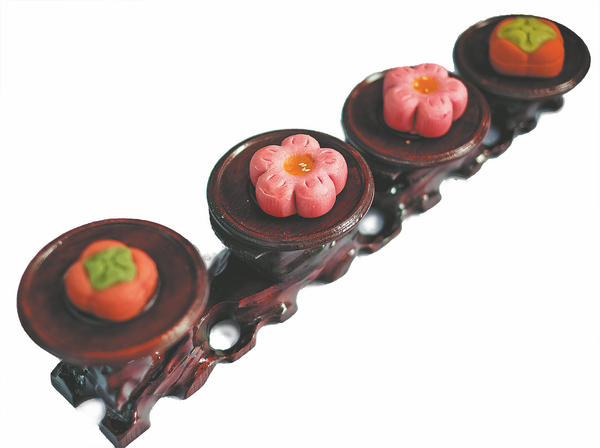

Li pointed to the grassroots origins of many of the cultural features on display.
"People are the owners, inheritors and beneficiaries of intangible cultural heritage. The protection of intangible cultural heritage always puts the people at the center and aims to benefit the people with its achievements," he says.
To integrate intangible cultural heritage into contemporary life, the main venue in Fuzhou hosted a wide array of activities suited to tea enthusiasts from all walks of life.
Inheritors of traditional tea culture showcased their skills. Tea-related workshops and companies displayed their products. Teenagers went on field trips to learn about the history of tea and its production, and experts shared their visions at forum discussions.
Each of the 15 regions made contributions that exemplified their unique local characteristics, putting on demonstrations of their distinctive tea-making or tea-tasting customs.
Other regions across China also hosted training sessions, lectures, exhibitions and fairs to popularize tea culture among the general public, and teenagers in particular, to celebrate this year's International Tea Day.
Contact the writer at chengyuezhu@chinadaily.com.cn